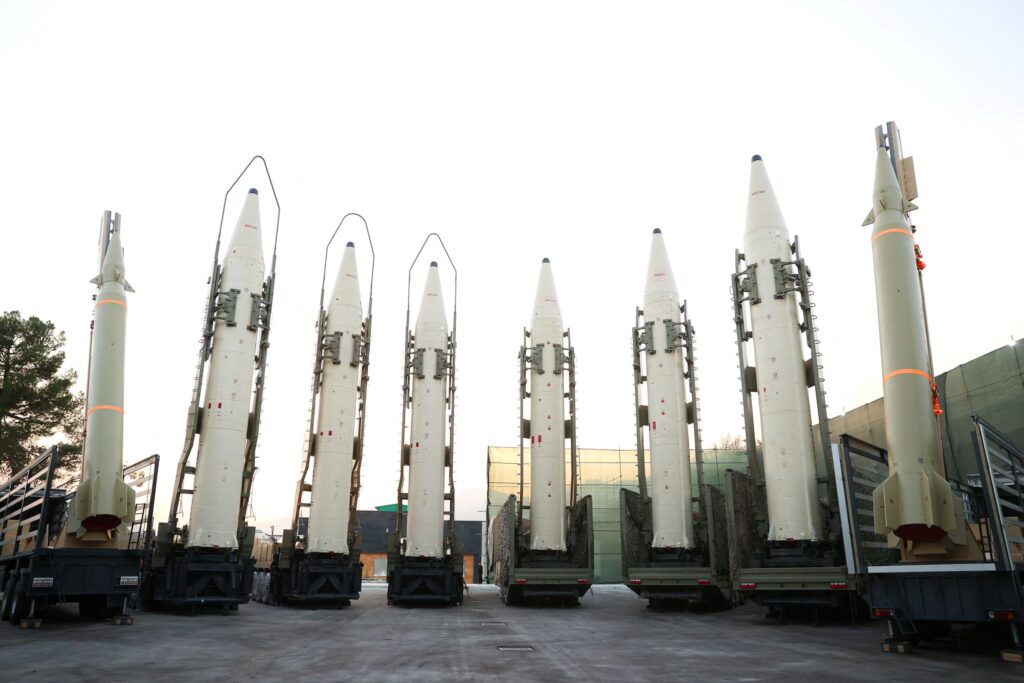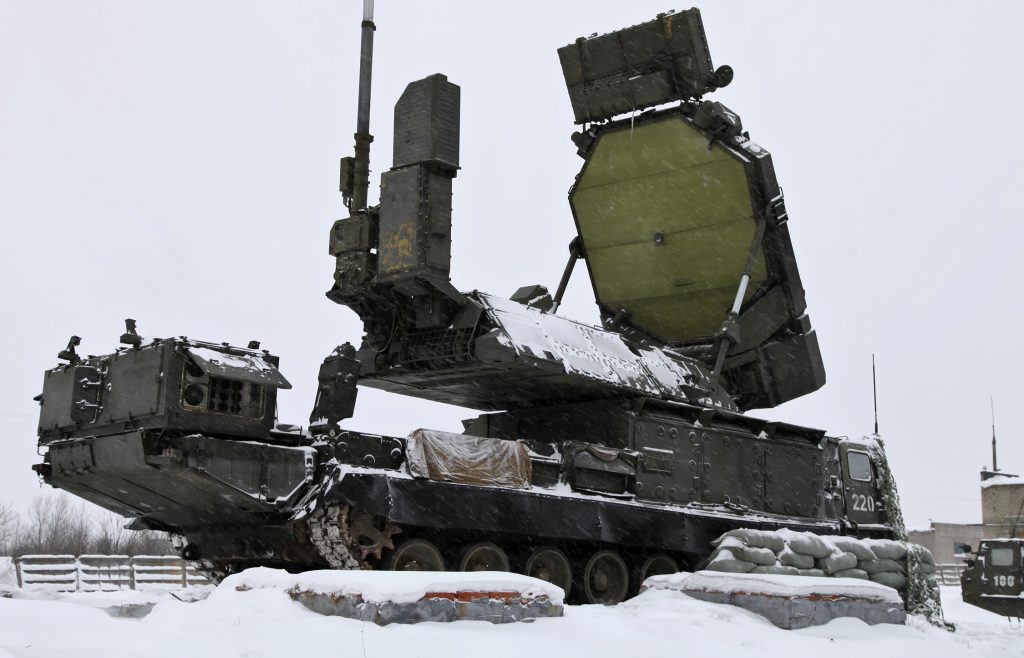Russia is prepared to deploy medium and shorter-range missiles to Asia in response to any similar U.S. deployments in the region, Deputy Foreign Minister Sergey Ryabkov announced Monday, escalating tensions in an increasingly militarized Indo-Pacific theater.

The warning comes as U.S. officials reportedly consider placing missiles in Japan’s southwestern islands and the Philippines in anticipation of potential conflict over Taiwan. “The appearance of such U.S. systems in any region of the world will determine our next steps, including in the field of organizing a military and military-technical response,” Ryabkov told Russian state media.
The diplomatic maneuvering coincides with alarming assessments from senior U.S. military leadership about China’s preparations for potential conflict. Admiral Samuel Paparo, commander of U.S. Indo-Pacific Command, reported last week that China conducted its largest-ever military rehearsal for a Taiwan invasion, involving 152 vessels at sea in what he called “the largest rehearsal we’ve seen on an upward trajectory of PLA modernization.”
Ryabkov’s statement specifically addressed Russia’s moratorium on deploying intermediate-range and shorter-range missiles, noting that its continuation depends entirely on U.S. actions. He emphasized that Russia faces no restrictions on deploying its new Oreshnik medium-range ballistic missile, which saw its first combat use against Ukraine’s city of Dnipro last week.
The situation reflects the deteriorating arms control framework between the United States and Russia following the 2019 collapse of the Intermediate-Range Nuclear Forces (INF) Treaty. The landmark Cold War agreement, signed in 1989, had banned missiles with ranges between 500 and 5,500 kilometers (310 and 3,400 miles). The Trump administration withdrew from the treaty citing Russian violations, which Moscow denied.

“We believe that the United States made a mistake by unilaterally destroying the Intermediate-Range Nuclear Forces Treaty in 2019 under a far-fetched pretext,” Ryabkov said, according to TASS news agency. The dissolution of the INF Treaty removed significant restrictions on both nations’ missile deployments, potentially setting the stage for a new arms race in Asia.
The Russian warning signals growing complexity in Indo-Pacific security dynamics, where U.S. efforts to contain China’s military expansion now intersect with Russian strategic interests. Japan and the Philippines, both U.S. allies, find themselves increasingly central to regional military planning as concerns about Taiwan’s security intensify.
Military analysts note that Russia’s potential missile deployment would significantly alter the strategic balance in Northeast Asia, potentially complicating U.S. defense arrangements with regional allies. The move could also affect China’s military calculations regarding Taiwan, as Beijing watches the evolving military landscape along its periphery.
The situation represents a significant shift from Cold War-era security arrangements, when arms control focused primarily on Europe. Today’s multi-polar competition in Asia involves intersecting interests of multiple nuclear powers, making traditional arms control frameworks increasingly difficult to maintain or replace.
Ryabkov emphasized that Russia’s response would be calibrated to match U.S. deployments, suggesting a measured approach rather than immediate escalation. However, he characterized the current moment as “extremely alarming” and “very dangerous,” highlighting Moscow’s concerns about U.S. military expansion in Asia.



